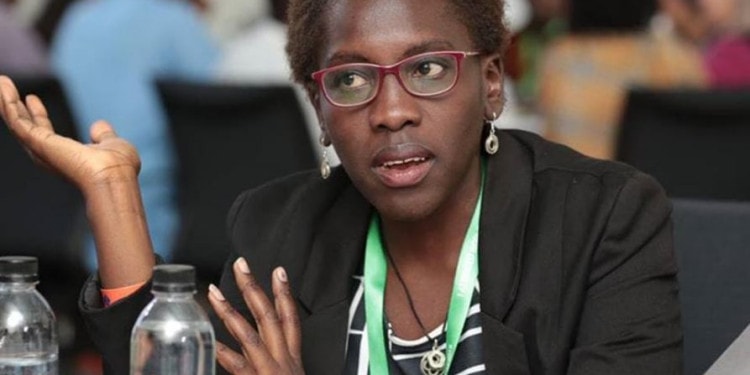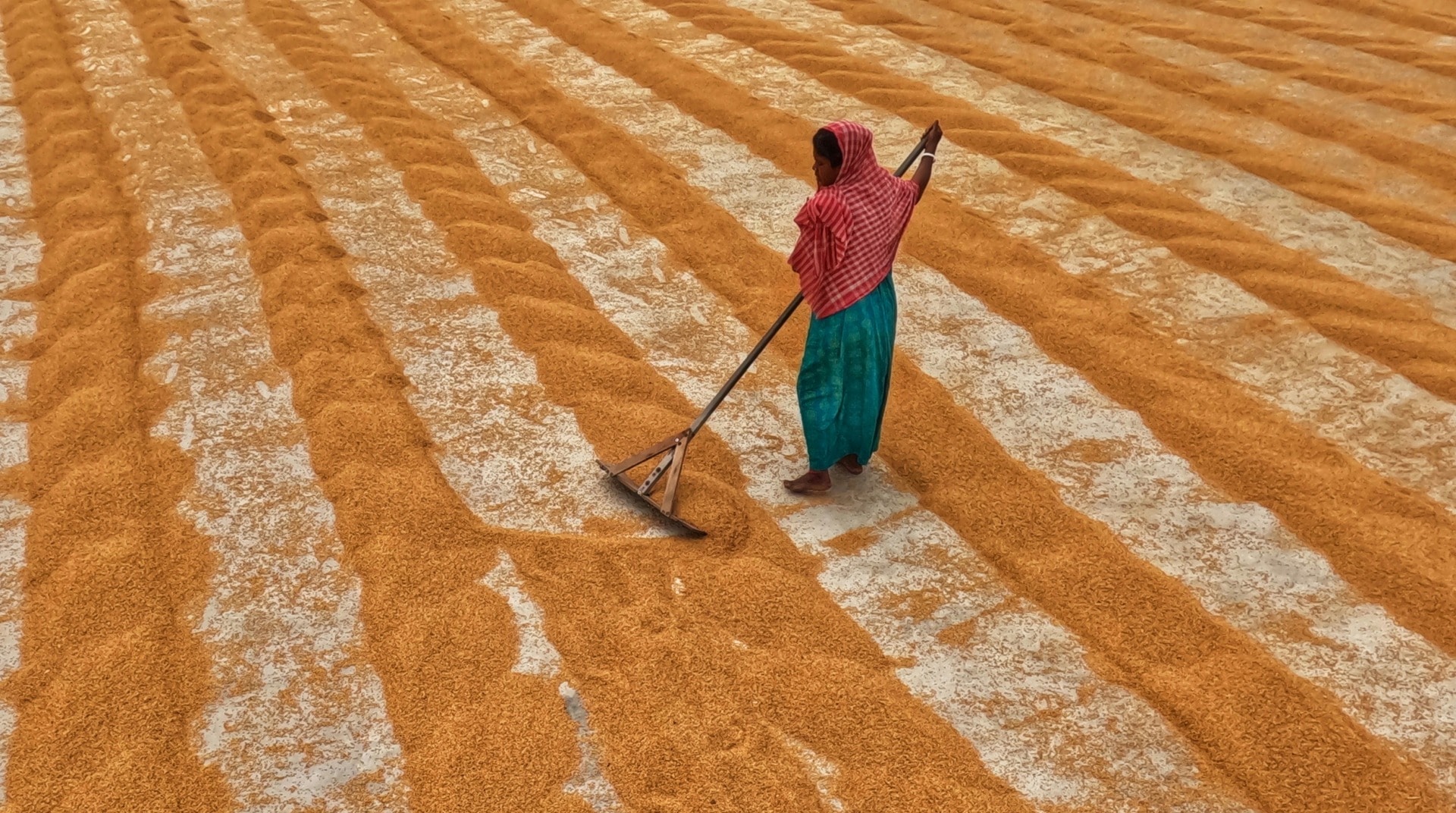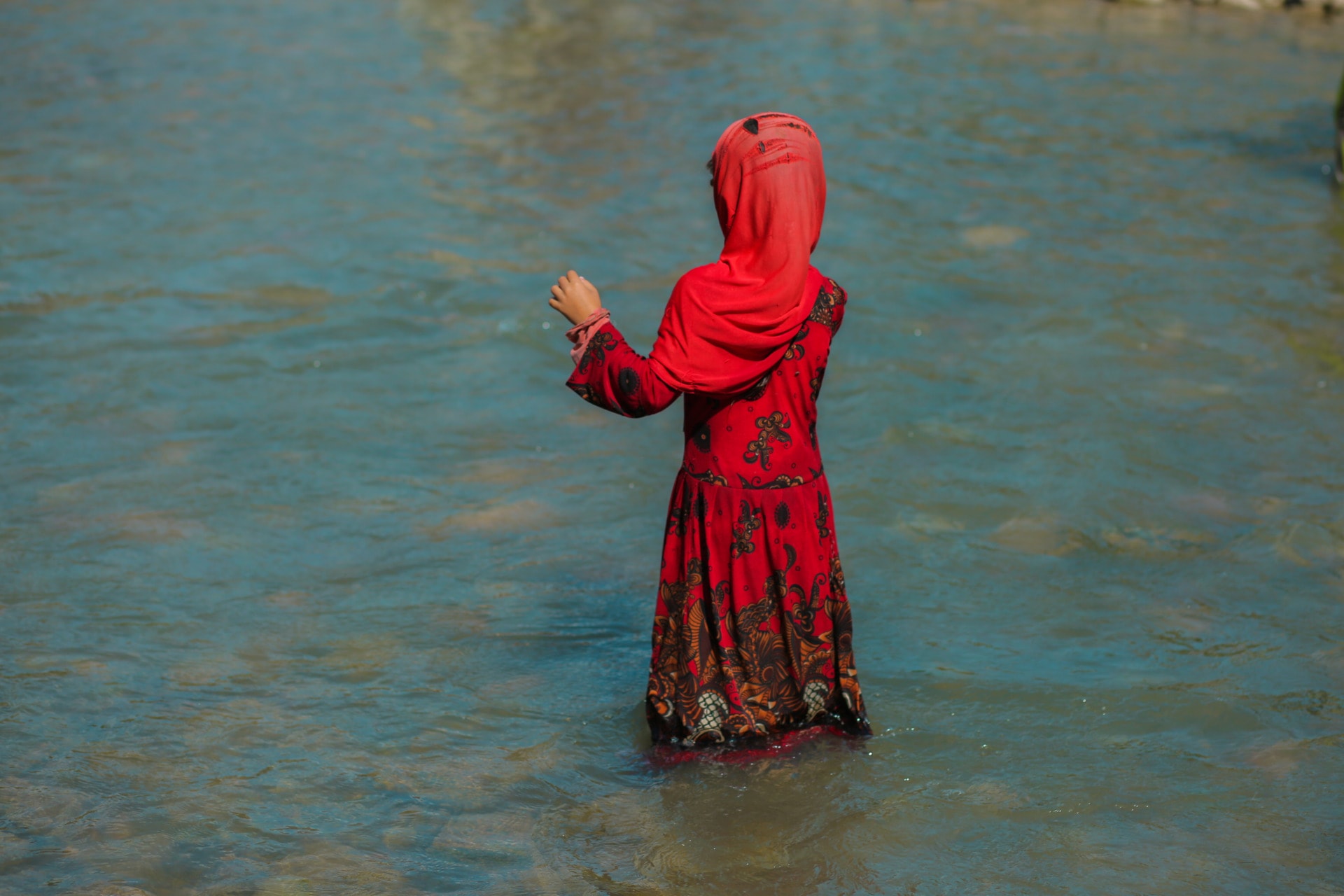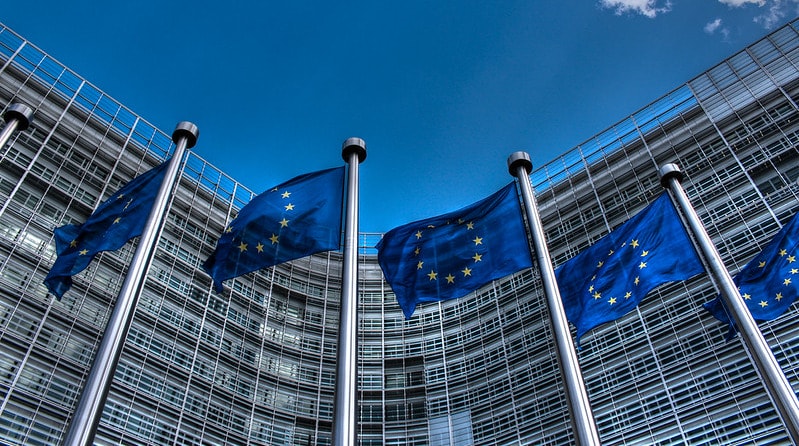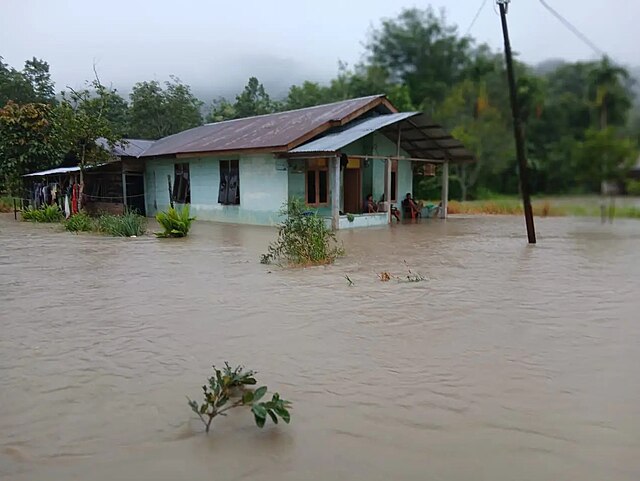Maria Auma is a successful and socially-conscious female entrepreneur. She is the founder of Blue Luxury Investments (BLI), an organization providing education and financial support to young people and budding businesses in their local communities. While the business initially started in Kampala, BLI now works with young people across the world on a wide range of projects related to health, climate change, education, and business. We invited Maria Auma to tell us more about BLI, her achievements, and where she sees the organization heading.

Can you please share a little bit of your personal story?
Maria Auma: I studied Mass Communications as my undergraduate degree about six years ago at Makerere University, Kampala. While completing my final year, I started working at a project management consultancy in the city. During my tenure, I learned a lot about project budgeting and management (as I was responsible for project coordination and communication), and I was fortunate to participate in projects commissioned by organizations like SNV (Netherlands), Total E&P, GIZ (Germany) and Africa Development Bank (AfDB).
Shortly after, I decided to start my own organization focused on fundraising and investments. Initially, the plan was to find opportunities and broker deals for investors in the diaspora looking to grow their wealth in Africa. However, I became dissatisfied with this approach because it was not really having an impact on grassroots communities. It was not until 2016 that I decided to change the organization’s strategy to focus more on fundraising for social businesses and development projects.
Can you please explain what BLI does?
M.A. : We are a not-for-profit organization focused on fundraising for health, environment, and education development projects around the world. We collaborate with NGOs to conceptualize projects and identify partner organizations that bring the local context into perspective. We also work with corporate organizations who share our aspirations for development, as well as international governments and intergovernmental organizations. Our mode of implementation focuses on empowering young people to lead impact-driven projects in their communities.
How many people have you helped or supported so far?
M.A. : In the past year alone our projects have impacted the lives of over 30,000 children and youth in 10 different countries across East Africa, West Africa, South Asia, and the MENA region. This work was directly realised through the Global Ambassador Program, a BLI initiative that empowers youth to become leaders in community projects. Our projects provide communication education with an emphasis on critical thinking and a hands-on implementation approach.
 In the Photo: School children working on a BLI project. Photo Credit: Blue Luxury Investments
In the Photo: School children working on a BLI project. Photo Credit: Blue Luxury Investments
What kind of impact do you have on your community?
M.A. : We are currently active in five countries including Uganda, Bangladesh, Nepal, Mexico, and the UK. This has ensured that we have a significant reach and that there is a growing movement of youth dedicated to change. Our team is diverse and international including members from Italy, Mexico, Bangladesh, and Nepal, to name a few. Late last year, we completed a project with the Swiss Agency for Development and Cooperation promoting the voices of children and youth taking action against climate change. Through a peer-to-peer approach, we were able to educate and learn from children about what they thought about climate change and how they could take responsibility at an individual level. We also run two campaigns: the Outdoor Classroom Day in the UK, and the World Environment Day: Beat Plastic Pollution. Children and youth enjoy being involved in our projects because we employ creative ways to educate them and encourage practical learning. This year, in line with the UN Environment’s Clean Seas campaign, we are planning an ocean clean-up. In this project, we will work with young people living in different coastal regions around the world in order to encourage them to start thinking about the future of our oceans.
Related Articles:
 “EMPOWERING YOUTH THROUGH AGRO-ENTREPRENEURSHIP IN NEPAL”
“EMPOWERING YOUTH THROUGH AGRO-ENTREPRENEURSHIP IN NEPAL”
 “YOUNG PEOPLE MATTER: EMPOWERING THE YOUNG FOR A SUSTAINABLE RURAL SPACE”
“YOUNG PEOPLE MATTER: EMPOWERING THE YOUNG FOR A SUSTAINABLE RURAL SPACE”
What do you think needs to be done to generate more (especially female) entrepreneurs and initiatives like yours in Africa?
M.A.: I think bringing young women to the table in decisions that matter is key to encouraging a participatory approach in governance and implementation. There have been steps to improve participation and meaningful involvement of women by a couple of organizations in the private sector, but more still needs to be done, especially by government ministries mandated to propose policies on gender equity. Ultimately, it needs to be a collective effort and not just one sector of the ecosystem pushing for gender parity. We all have a role to play. Government has a responsibility to push for gender-sensitive policies, and the private sector and civil society have a responsibility to act on these policies and ensure there is a fair representation of women in top management positions, with access to funding, and opportunities for resource mobilization.
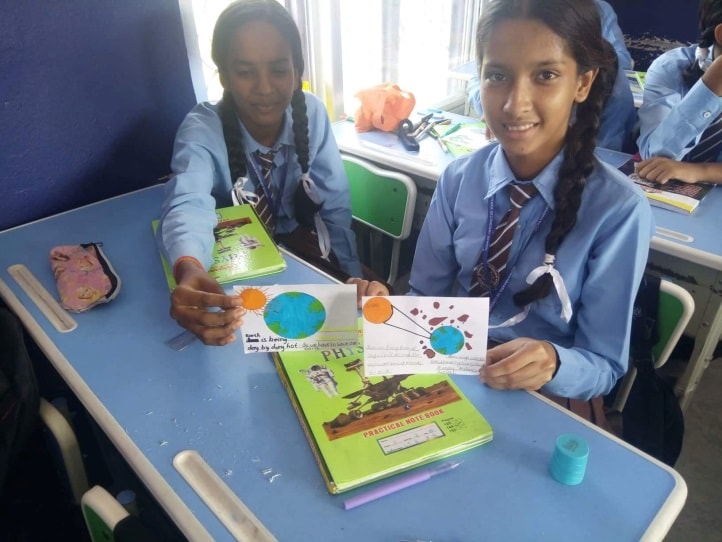
In the Photo: Schoolgirls working on a BLI climate change initiative. Photo Credit: Blue Luxury Investments
What are your thoughts about the SDGs?
M.A. : I think the SDGs are an incredible lifeline to keep humanity in check. With global temperatures rising, we are currently on the brink of determining whether our planet will survive the next 30 years. The SDGs, unlike the MDGs (Millennial Development Goals), are an all-inclusive set of goals that ensure both developed and developing countries work together for sustainable development. Our organization takes these goals very seriously, and uses their outlined targets and indicators to analyze and assess the impact of project proposals before and after implementation. One of the key goals we strive for is SDG 17, because without meaningful engagement of all stakeholders, it is nearly impossible to achieve the 2030 agenda.
In the Cover Picture: Maria Auma speaking at the Africa We Want workshop in November 2018. Photo credit: Blue Luxury Investments
EDITOR’S NOTE: The opinions expressed here by Impakter.com columnists are their own, not those of Impakter.com.


